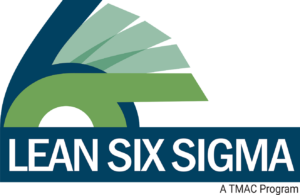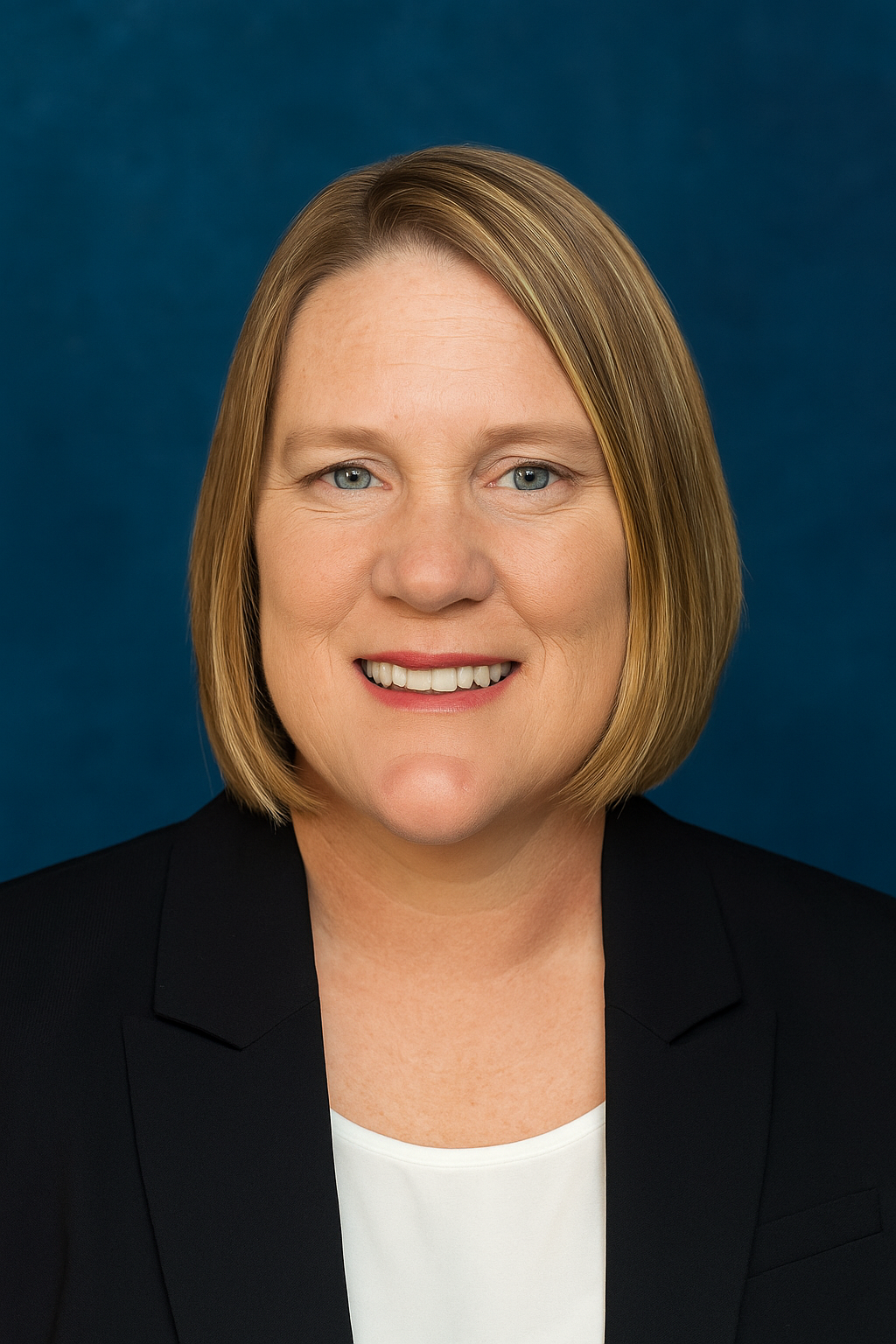Customer Spotlight: Allison Madewell, Uber Freight
This month’s newsletter article is one in a series about individuals working in continuous improvement. Each LSS practitioner gets to share their journey in CI and lessons learned. This month I spoke with Allison Madewell, a LSS Black Belt with Uber Freight, formerly Transplace. She completed Black Belt training in 2022 and is currently a Program Manager for Strategic Operations in Transportation Management. Uber Freight delivers an end-to-end enterprise suite of Relational Logistics to advance supply chains and move the world’s goods. They align shippers and carriers through Dynamic Capacity. And with their Expert Partnership, the company pairs deep industry expertise and high-touch service to provide their customers with the right blend of human and tech solutions for the best results.
Tell me a little about your background. What did you study in school? And where did you start your career?
I studied Kinesiology at NWACC [NorthWest Arkansas Community College] in Rogers, Arkansas. I started my career at a local hospital, working with patients in various phases. Eventually I transitioned to a Quality Assurance / Project Management role within the hospital system.
When did you begin working in logistics and what was your role? What other areas did you work in before switching to Continuous Improvement/Operational Excellence?
I began working in logistics in 2020 after joining a small owner / operator business. I started in Dispatch then moved to Carrier Compliance and HR after 6 months. I was hired as a Black Belt for Transplace in 2022.
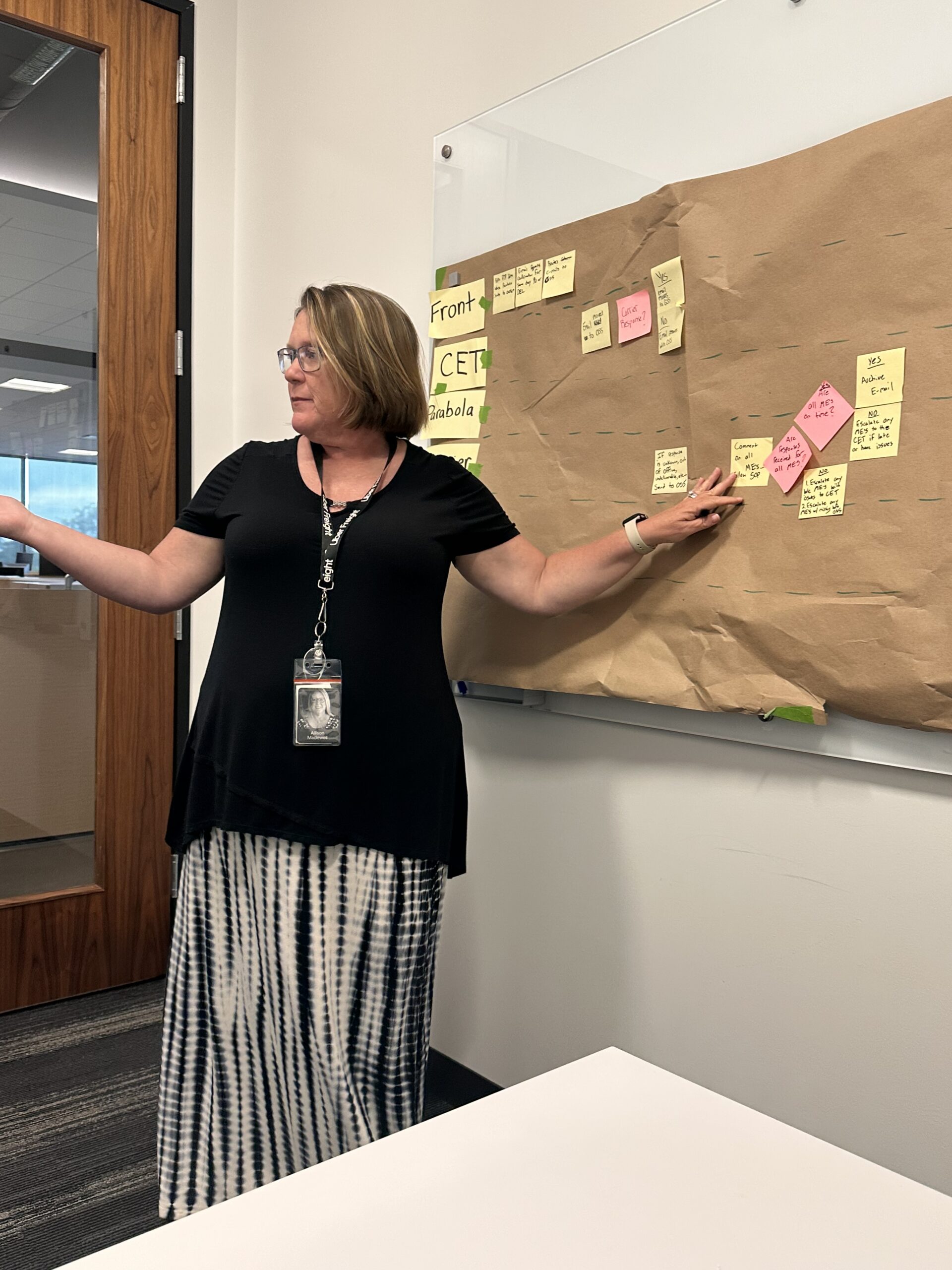
How and when did you first get involved in CI?
In 2017, when I was working in QA at the hospital I was selected to go into an “immersion program” for Lean. This program lasted 6 months. We spent 40 hours a week with a Lean Sensei and learned Lean Methodology, Tools, and Best Practices as well as how to run an RIE [Rapid Improvement Event]. My team of four went on to do several RIEs and Improvement projects, as well as establishing MDI (Management by Daily Improvement) across the local Health System. When I transitioned to logistics, I taught and implemented Lean concepts throughout the company.
What was your initial reaction when you first learned about Lean Six Sigma?
When I was hired at Transplace, I was immediately signed up for TMAC’s LSS Black Belt program. I was very excited about this opportunity, as I believed in Lean Concepts, so learning the Six Sigma aspects and joining them together was exciting!
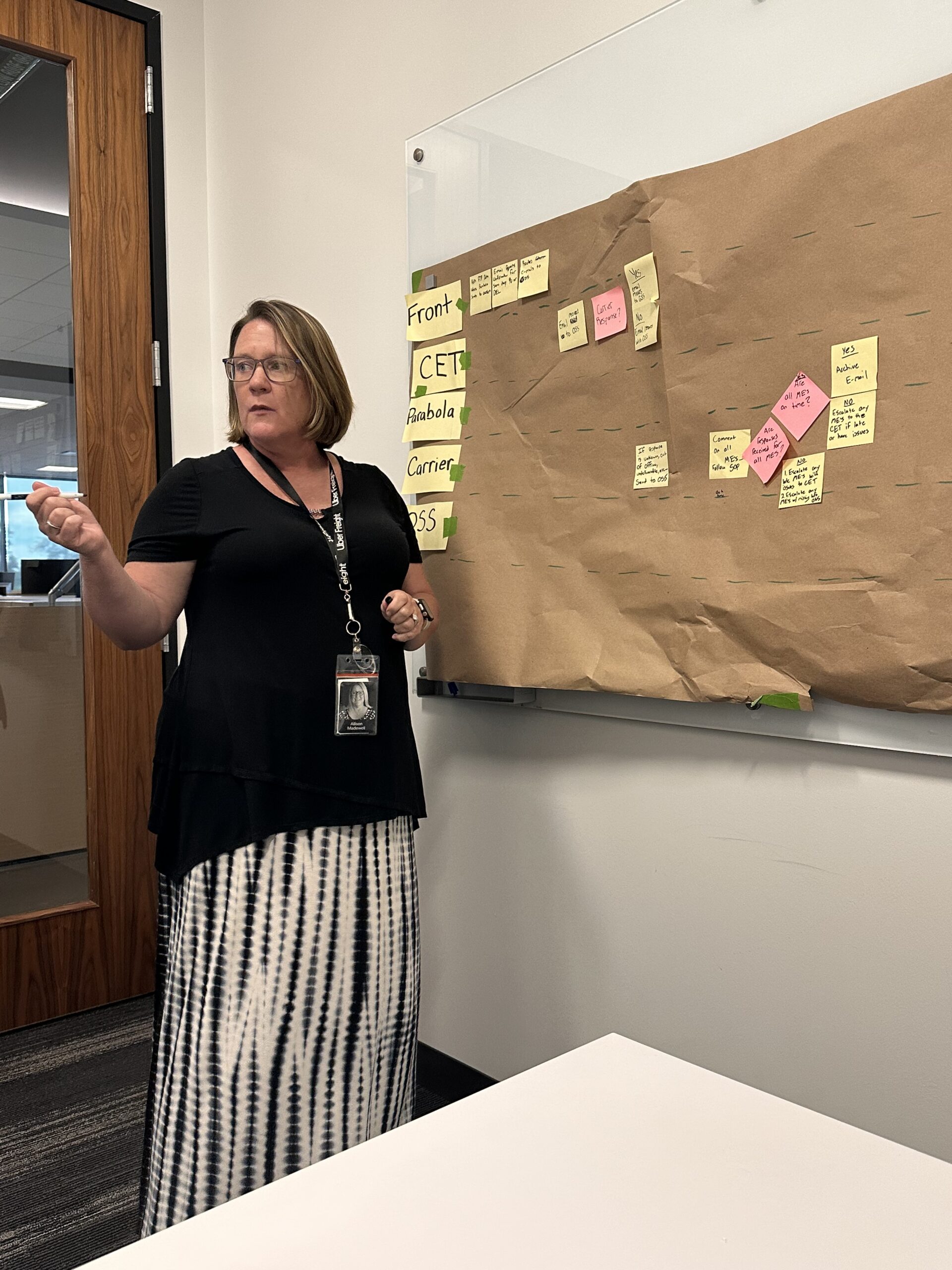
Tell me about your LSS training. What did you like? Dislike?
I was very impressed with my LSS training through TMAC. Everything was very well structured, and the class size small enough so I felt like everyone had the ability to ask questions and the instructors had time to answer and explain using real life scenarios. This allowed all of us to learn and think about how it would apply to each of our roles.
Can you share a little about your experience as a Black Belt leading project teams?
Leading a team for process improvement can be a challenge. The learnings from TMAC prepared us for these challenges. Getting top-down support for LSS methodology is a must. Transplace leadership believed in the LSS process and a lot of them were Black Belts as well, so I feel like that helped getting the team engaged.
What did you like best about working as a BB? Biggest lessons learned?
I love process improvement and “working smarter not harder”. It is really exciting when you see your team start to “get it” and realize the possibilities are endless. Also, engaging our frontline staff was a powerful thing. I feel like it breaks down the walls between management and front line staff and they learn to appreciate each other’s position within the company and realize working together to improve is a good thing.
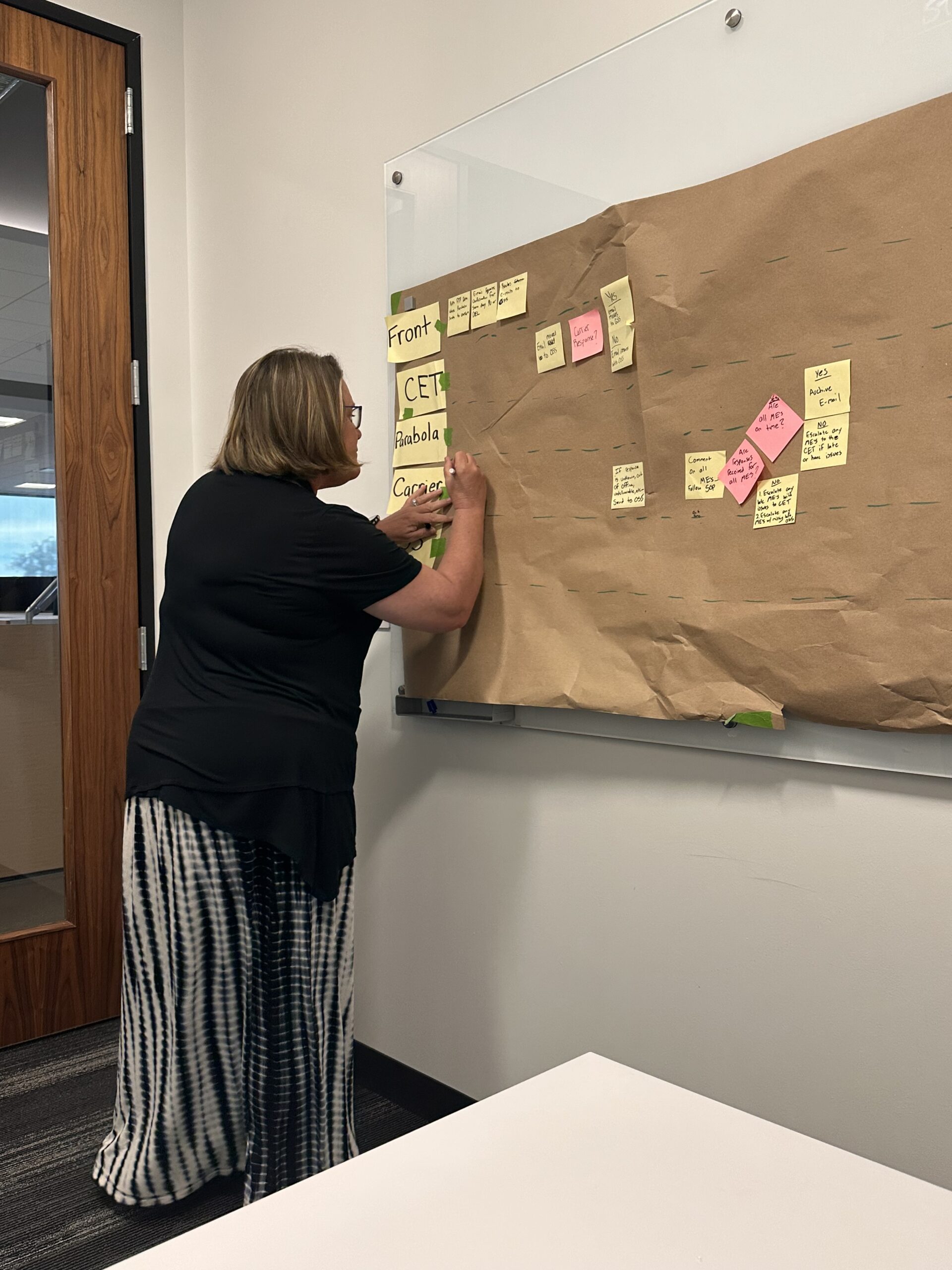
Tell me about your career path since your first assignment as a BB.
I was one of 5 Black Belts on the LSS team at Transplace. Our workflow came through Barry Gasaway, the Director of LSS. As accounts would reach out to him, with “problems” we would evaluate the need and establish the process that best fit, whether it was a process map to allow the account to see where the bottlenecks/gaps were in a particular process or do a waste walk or implement a DMAIC project. When we were not directly involved in a customer/account request, we did Gemba walks and reported back to the account leadership on findings. We also did a deep dive into accounts data and presented the findings and suggestions for improvement. We worked on Robot Process Automation as well. This was mainly to automate appointment scheduling for accounts, but we would implement other things for automation if it was a good fit.
Your mention of Gemba walks is interesting. Most people think of them on the factory floor. Can you share a little about Gemba walks for transactional processes at Uber Freight?
Doing Gemba walks in a business that is not a manufacturing company is a bit different, but you still use the same principles. Gemba walks for UF are done by shadowing front line staff on their daily tasks. We identify what process/people we want to shadow, request to shadow them, and then actually sit beside them for a few hours and watch them work. We ask questions about why they do tasks a certain way, take notes, and identify potential time savings. Once a shadow session is over, we find reports to back up the things we saw. When any time savings are identified, such as through automation, AI, etc., we also find data to measure the impact of the changes. Often Gemba walks are requested by Leadership on specific accounts or processes. Once the shadow sessions and data gathering are complete, we put together a short slide deck and present to leadership our findings and recommendations.
Looking back, how has LSS affected your career?
Everything I do, I look at through the LSS lens. How can we eliminate waste, improve the process, what story does the data tell, etc. I follow the LSS methodology in my home life as well, organizing the garage using 5S or making the grocery list; setting “par levels” for cans of soup or rolls of paper towels
How would you advise someone just getting started who was considering a career in continuous improvement, especially in logistics?
Realize change is good but can be difficult. Be ready for the challenge. Don’t take things personally. Study LSS for business, ask lots of questions (5 Why’s), learn to root cause the problem, learn what the data are trying to tell us. Have patience and have fun! And follow up!

